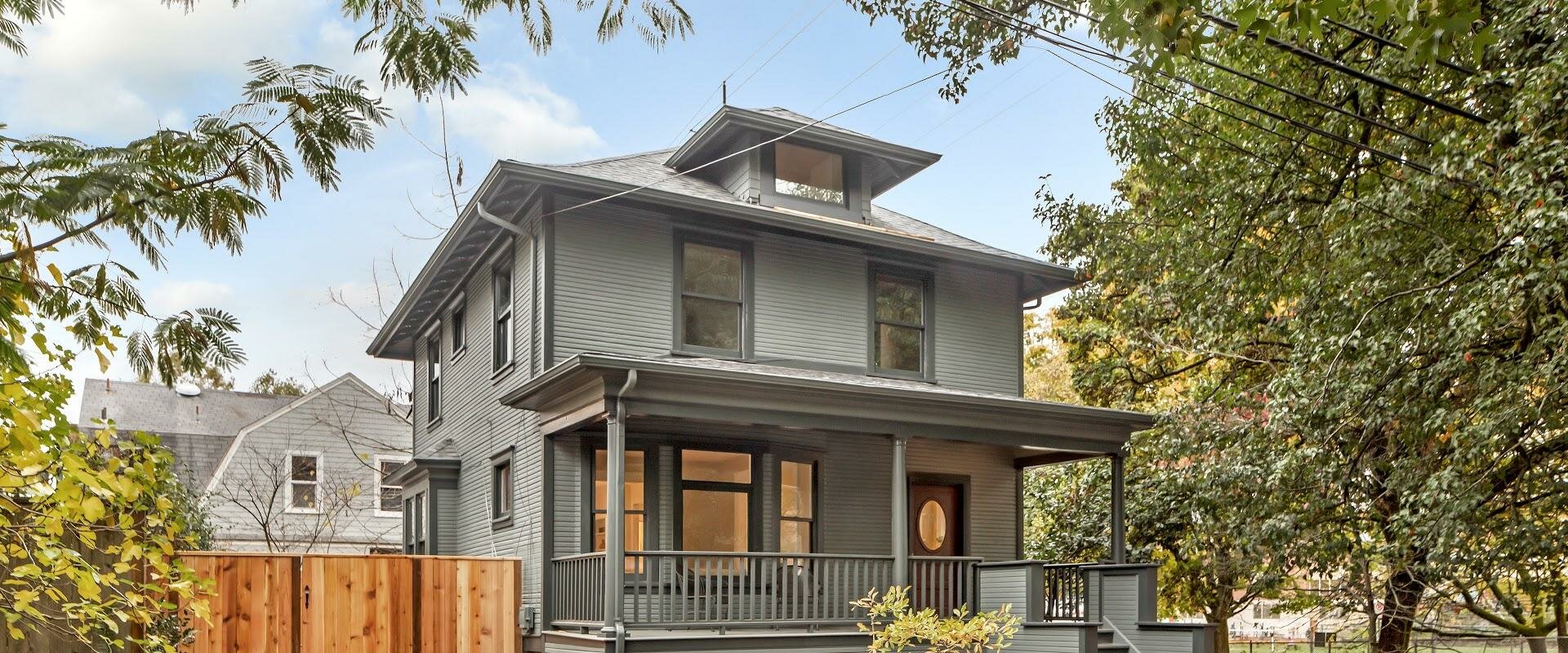Foreclosure happens when a homeowner can’t keep up with their mortgage payments. Essentially, the lender will repossess the property to make up for lost money. Needless to say, it’s every American homeowner’s worst nightmare, and for excellent reason. However, lenders are typically just as unhappy with this as homeowners. As such, they usually have recommendations that can help avoid homeowners avoid foreclosure. However, the causes of foreclosure are a lot more prominent in today’s world. This is because there are several reasons why a foreclosure can happen. And to spread knowledge, we’ve put together a list of the most common causes of foreclosure on a property.
Debt, specifically credit card debt
It’s no secret that most of America’s population has credit card debt. However, these debts tend to become uncontrollable in the long run. This can lead to the choice between paying credit card payments or mortgage payments. Missing either is pretty bad, but neglecting your mortgage payments leads to foreclosure. As such, proper management of your credit card debt is vital for avoiding foreclosure. However, this isn’t always possible, and you might face problems with your mortgage anyway.
But don’t give up just yet. There are a couple of ways to avoid foreclosure, even in this situation. As we already mentioned, lenders are usually just as unhappy about foreclosure as anyone else. So, negotiating with your lender is your best chance at avoiding foreclosure in this situation. It can be highly stressful, yes, but it’s better than losing your home to foreclosure after all.
Illness and medical expenses
It’s unfortunate, but medical expenses are the reason for around 15% of foreclosures. This can be due to medical bills stacking up after some form of accident, which is the most common way this happens. Alternatively, it’s plausible for someone to lose their job due to illness or an accident that makes them unable to continue working. Either way, medical issues are a particularly scary way to face foreclosure. In most cases, when this happens, foreclosure is entirely unavoidable.
However, it’s not impossible to avoid foreclosure in these cases. That said, experts from fit2movenh.com recommend that if you can’t keep up with paying for your current home, downsizing is usually a good idea. After all, smaller homes are generally cheaper and require a lot less maintenance. As such, keeping up with mortgage payments and affording a smaller home, in general, is much easier overall.
Sudden unemployment
Even before the pandemic, losing a job was one of the most common causes of foreclosure. However, this problem has become much more prominent with the recent pandemic. Many people lost their jobs at random and had their income cut. It makes sense that without an income, you can’t pay your mortgage payments. In this case, unless you can find another job very quickly, there’s basically no way to avoid foreclosure. That said, going after a new job might also come with needing a new home. However, in this uncertain environment for jobs, it might be better to settle for renting instead. If you’ve never been in a rental, consider some tips for moving into your first rental home. The adjustment can be rough, but if you’re uncertain that you can afford a home long-term, renting out a home is your best call.
Needing to move suddenly
There are many reasons someone might need to move on short notice. People commonly move out on short notice because of a good job offer. That said, when you move on short notice, typically, you don’t get the chance to sell your previous home. As such, people can easily end up paying two mortgages simultaneously. Needless to say, this is neither smart nor sustainable in the long term. As such, some people simply let their old home get foreclosure, as they can’t or aren’t willing to keep up with two mortgages. If you find yourself in this situation, consider trying to downsize to a smaller home. As we already mentioned, they’re generally cheaper to buy and maintain. Trying to adapt to this change can be somewhat difficult, so prepare yourself if you decide to downsize.
Divorce
Another fairly common one among the causes of foreclosure is divorce. When going through a divorce, it’s easy to forget about your mortgage payments. And after they pile up, the involved people might find that they can’t pay for the mortgage without the previous partner’s help. As such, foreclosure due to divorce is a fairly common occurrence. Although, in these situations, you can negotiate with your lender to avoid foreclosure. But, keep in mind that the process will be rather involved and stressful. However, avoiding foreclosure should always be a priority whenever possible. At the end of the day, keeping your home should be your primary goal when faced with foreclosure. Or, if you’re planning on moving anyway, maybe not. But if you’re into moving into another home, make sure you know the difference between a home warranty vs. home insurance before committing.
The most common causes of foreclosure on a property – closing thoughts
There are many reasons a property might face foreclosure, although all of them come down to being unable to keep up with mortgage payments. Out of the most common causes, however, most of them are pretty terrifying because they’re entirely unavoidable. For example, medical debts are bad enough, let alone when they leave you unable to pay your mortgage. That said, lenders are typically just as unhappy as the borrowers to go through foreclosure and are usually willing to negotiate with people to avoid it. However, negotiating might not always be worth it, and it’s your choice at the end of the day. We hope this list of the most common causes of foreclosure on a property helps, and we wish you a good day.

